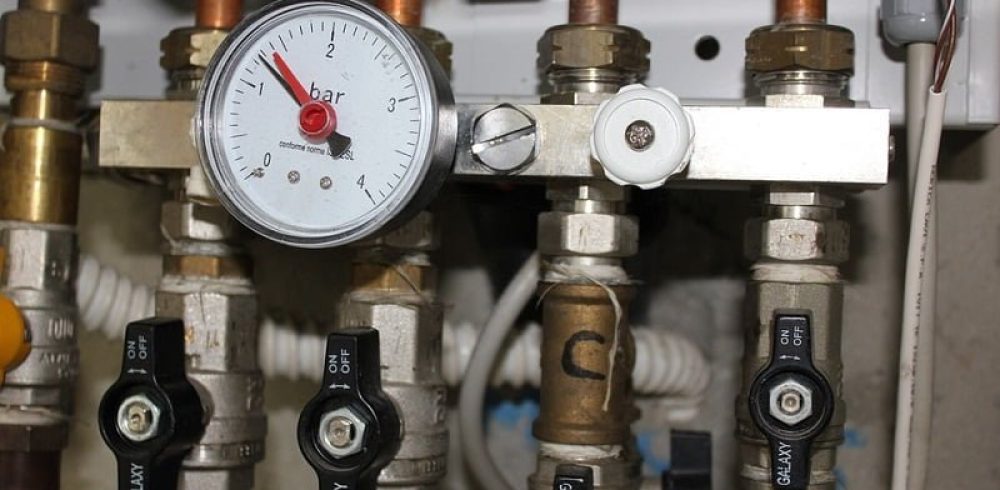The GLAâs (Greater London Authority) hierarchy of energy encourages the use of District Heating systems in large scheme developments [policy 5.2B]. As the trend for these energy efficient systems increases, we look deeper into the pros and cons and offer viable solutions.
Costs
In large, multi-phased developments, the initial outlay required to build the energy centre for the whole development can run into millions of pounds. An extended programme is required to enable the production of heat from the complete system by first deadlines. The government energy policies allow some plant – such as CHP engines – to be delayed, which eases expenditure but ultimately, a multi-install project delivery will cost more.
Energy Efficiency
Typically, district energy systems can run at 50% losses or lower during the initial phase of development, this counters the GLAâs energy-saving intentions. Most large boilers and pumps have minimum turndown ratios of 8:1 – the pumps or boiler will be cycling under minimum turndown or trying to operate below the minimum pump curve, hence, delivering a small load can be extremely inefficient. Often, large schemes implement âjockeyâ plant such as pumps and boilers to deliver the relatively small load required. The result is a significant energy waste as a large primary water circuit is still being used to meet the small demand.
Solutions
Ideal Heat Solutions believe a decentralized approach is the right solution for most large projects. Smaller, temporary plant rooms can be used to connect to buildings and specific areas. This solution keeps initial capital expenditure down and only heats the necessary parts of the network. Energy loss from the pipe network is reduced, saving money for our clients.
Our temporary boilers are unlike other suppliersâ in that they include a Building Management System (BMS). This system controls the pressurisation units and pumps – complete control with immediate awareness of issues as they arise. Our customers have a functional service much earlier in the construction process without the large capital outlay.
Multiple temporary plant rooms can be installed around the network at key locations to deliver the quickest and simplest solution to district heating, at minimum capital outlay. Multiple boilers can also be connected in parallel to provide a great degree of redundancy for critical operations if required. Delaying such vast sums in project budgets until later phases can positively impact on project viability, as early completions can deliver funding to cover the costs of the energy centre.











